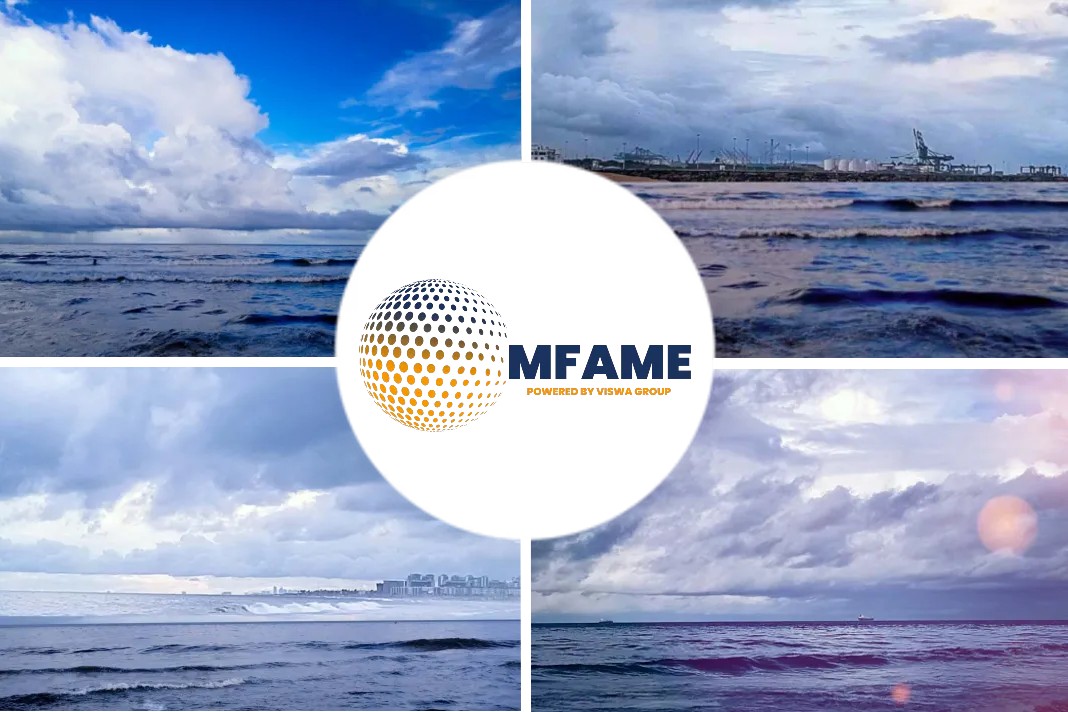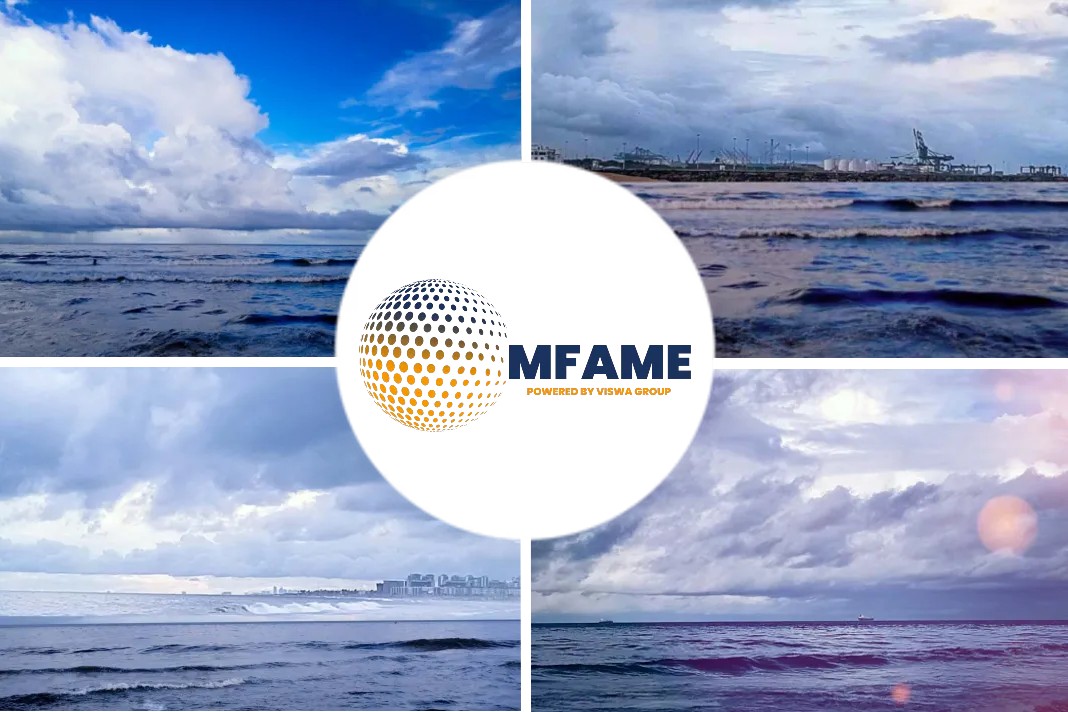- Gazprom Neft has produced the first consignment of metal 3D printed parts that will be used to refurbish and repair equipment on the Icebreaker Andrey Vilkitsky.
- The company is now working to certify them for quality and compliance with the standards of the Russian Maritime Register of Shipping.
- The company has also supported the certification process by developing a roadmap for the technological process for 3D printing metal hardware.
- 3D printed parts help support reduction in costs, and enable the critical repair of onboard equipment for operation in extreme conditions.
Gazporm Neft refurbishes icebreaker ships with 3D printed parts for Arctic sea transport, reads an article in 3D Print.
Icebreakers in the Arctic
The development of sea transport routes in one of the most extreme environments on Earth, the Arctic Circle, is of significant strategic importance to the third largest Russian oil producer, Gazporm Neft.
The sea ice that lasts for most of the year could be more than two meters thick, and temperatures may fall below -50°C, yet for Gazprom’s subsidiary, these northern Arctic sea routes potentially reduce transport time by no less than 40%, not to mention save fuel, reduce emissions and avoid the risk of piracy.
Read Also – The shortest route: Russia ships gas to Japan via Arctic
Fundamental to the access and use of these Arctic sea routes are Icebreakers, ships that break huge blocks of sea ice using specially designed hulls and propellers.
In 2019, as part of their efforts to expand Arctic oil production, Gazprom Neft began to operate two next-generation icebreakers, Alexandr Sannikov, and sister ship Andrey Vilkitsky to clear the arctic ice for its oil tankers transporting fuel to northern Europe and Asia.
3D printed parts
In extremely remote, harsh environments such as the Arctic Sea, repairs and replacement of parts for ships, especially Icebreakers, is challenging to say the least. Access and supply of resources is highly limited far in the northern seas, and only limited cargo and spare parts can be carried to address any contingencies due to weather or mechanical failure.
The application of 3D printing has offered critical solutions to these challenges, where environmental characteristics are similar.
Gazprom Neft has produced the first consignment of metal 3D printed parts that will be used to refurbish and repair equipment on the Icebreaker Andrey Vilkitsky, and three other bunker vessels, the Gazpromneft-Zuid, Gazpromneft-Nord and Gazpromneft-Nord-Vest.
Read Also: Gazprom Neft helps develop certification for 3D-printed icebreaker and tanker parts
The company is now working to certify them for quality and compliance with the standards of the Russian Maritime Register of Shipping. This is critical for operations on icebreakers such as the Andrey Vilkitsky which will operate for 40 days at arctic temperatures of -50°C.
Maritime register approval
The company has also supported the certification process by developing a roadmap for the technological process for 3D printing metal hardware, detailing every stage in technologically certifying products made in this way for use in maritime vessels such as icebreakers and tankers.
It is a part of the effort the company is making in regional or national standardization of AM technologies, through its own research in AM, and as a member of the Technical Committee for Standardization of TC Additive Technologies.
Approval for such products, granted by the Russian Maritime Register of Shipping will encourage the use of 3D printed parts and additive manufacturing processes, help support reduction in costs, and enable the critical repair of onboard equipment for operation in extreme conditions.
- US Coast Guard academy professor, Ron Adrezin, has previously tested 3D printers for applications in remote area operations aboard the Cutter Healy, an icebreaker that conducts research and scientific missions in the Arctic and Bering Seas.
- In severe or extreme maritime conditions, polymer and metal-based additive manufacturing has been applied in submarines, ships, icebreakers, and other vessels to provide critical support or to extend the life of operations in these conditions.
Did you subscribe to our daily newsletter?
It’s Free! Click here to Subscribe!
Source: 3D Print



















Automatical cloud Bitcoin mining for your pocketbook. Safe and secure.
[url=https://onlcryefinapro.top/go/5423v2/74w2][b][u]Explore it right now![/b][/u][/url]
Cool Bitcoin on chill snow. Christmas crypto offer with huge benefits.
[url=https://getgo-partners.top/go/5423v2/74z2][b][u]Coddle yourself to something delicious before New Year![/b][/u][/url]